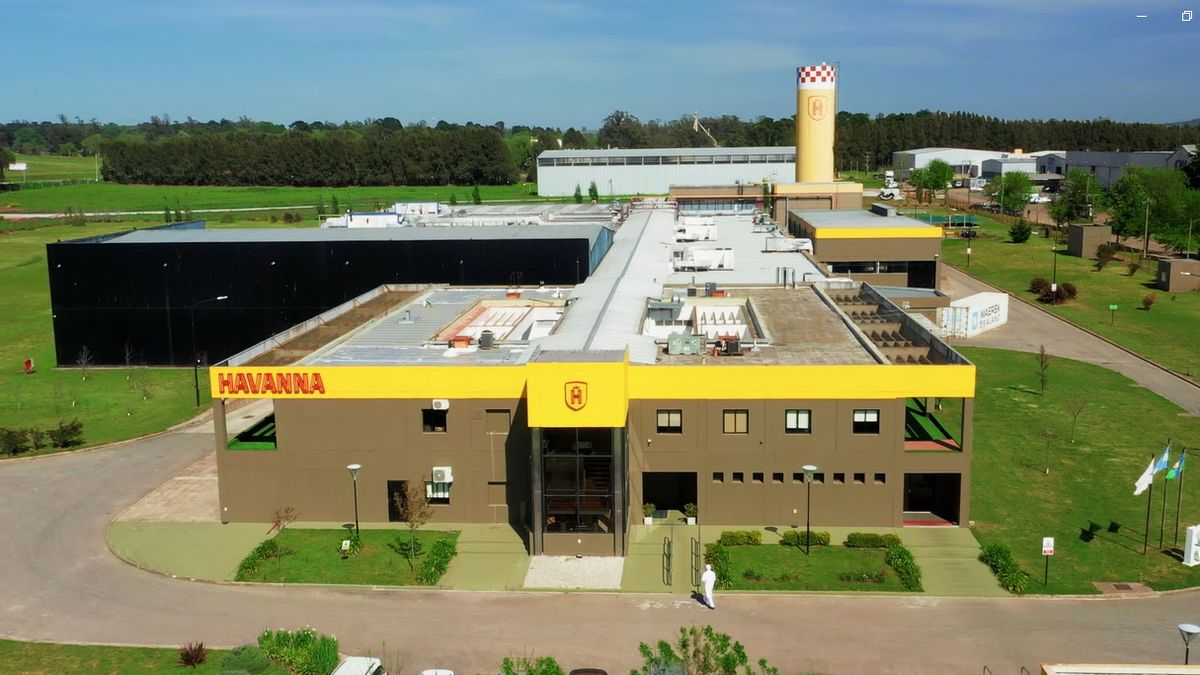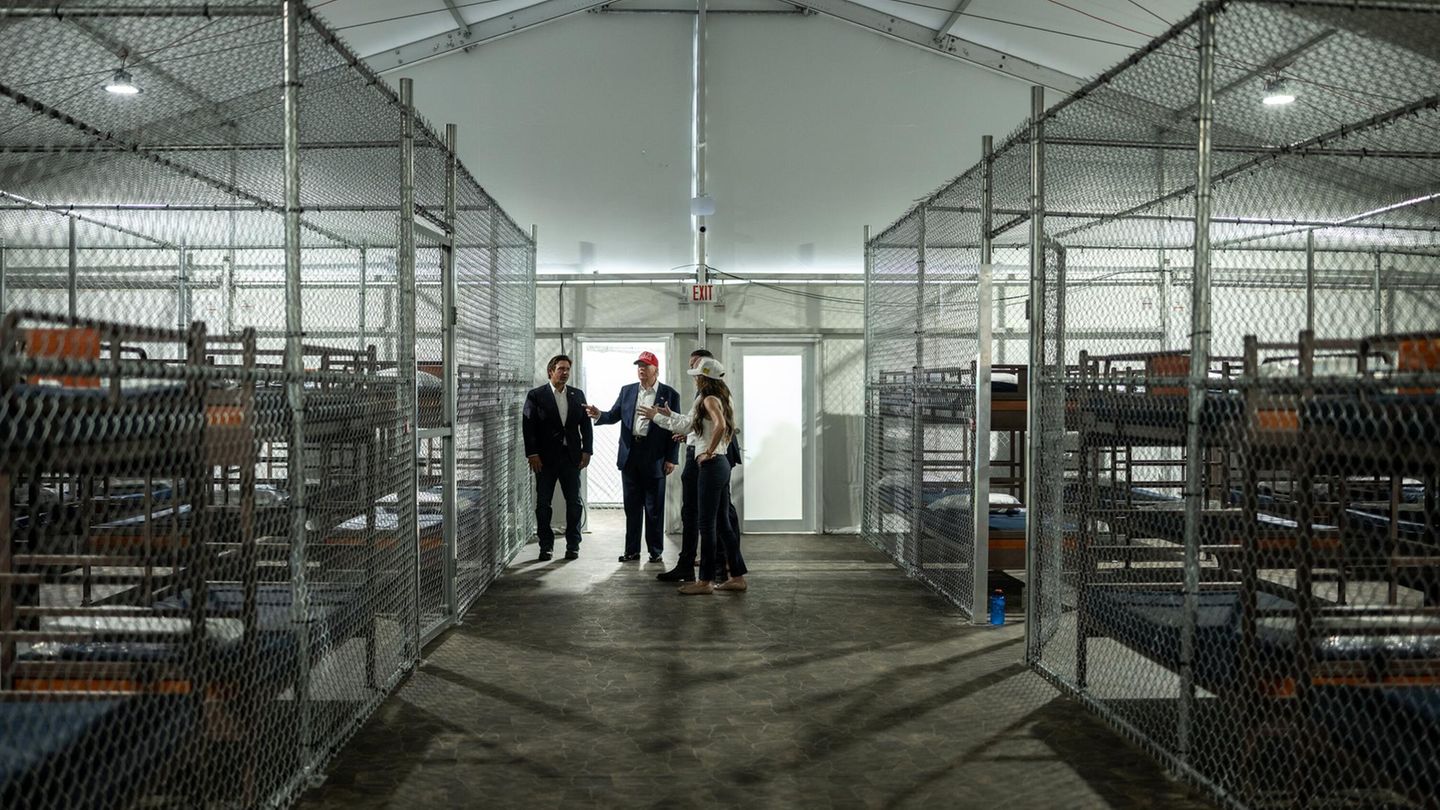“The Havana board has the responsibility of being very attentive to business alternatives and offering its shareholders the best opportunities. In accordance with our transparency policy, in the event of any change in the current situationwe will proceed to comply with the established legal steps and inform our clients, employees, franchisees, suppliers and the general public,” he concluded.
Havanna is majority owned by Inverlat, but also has a 7% stake in the shares listed on the Buenos Aires Stock Exchange. For this reason, it is obliged to inform its shareholders of each of its steps.
“When the statement says that the company has the responsibility to offer the best opportunities to its shareholders, leaves all possible options open, including a sale “in the event of receiving an offer that is satisfactory and beneficial for the holders,” explained a source in the sector consulted by Scope.
In the quarterly balance sheet closed on June 30 that it submitted to the National Securities Commission, Havanna made a summary of the actions which it has been doing to consolidate its position in the alfajores, chocolates and coffee markets.
There, he detailed, among other things, the impact that the launch of the chocolate alfajor with sea salt had on his sales: “The development of the second quarter of the year was strongly marked by the consolidation of sales volumes of the Alfajor Anniversary Mar del Plata both on the Atlantic coast and in the Federal Capital, Greater Buenos Aires and the interior of the country. The launch during the summer season on the Atlantic Coast, and from March in the rest of the country, set an all-time record in sales compared to previous years. This confirmation of the growth trend is reflected in an increase of 34.1% in tons sold in the second quarter of the year versus the same period last year.”
He also highlighted that during the quarter he completed “the incorporation of coconut Havannet to the stores on the Atlantic Coast, a product that had been successfully launched in the Metropolitan Area of Buenos Aires (AMBA) during the summer season.”
He also detailed special promotions for Father’s Day and others in coffee shops, which helped sustain sales revenue levels.
As for openings, in the second quarter of this year it opened stores in Rosario (Paseo del Siglo), Province of Buenos Aires (Paseo Canning) and in the City of Buenos Aires (Yenny-El Ateneo Gran Splendid).
At the end of the quarter, in addition to the 250 stores in Argentina, There were 191 in Brazil, 14 in Peru, 10 in Paraguay, 7 in Chile, 4 in Spain and 2 in Bolivia..
On the other hand, he reported that “work continued on the completion of the freezing chamberwithin the Industrial Park, which allows the levels of production and stock to be matched with the seasonality of demand.” The construction of this 1,000 square meter chamber was announced at the end of 2023, when Havanna announced an investment of around US$1 millionwith financial assistance from Banco BICE, which will allow it to integrate its production process and have permanent stock to export throughout the year.
With this investment, the company reported that during 2024 would increase its turnover by 30% and 150% of exports of Green Sector products (TACC-free/Vegan), also accessing new markets in Asia, the Middle East and different regions of Europe.
According to the projections that the company presented at that time, the level of exports expected for 2024 will exceed US$7 million.
The company produces and sells 5,000 tons of alfajores and other products in its portfolio, and employs 1,200 people directly and more than 3,000 through its franchises.
The owners of Havanna, from its founding to the present day
Havana It was founded in Mar del Plata in 1948 by a group of friends, including Benito Sisterna, Demetrio Eliades and Luis Sbaraglini, who were looking to create a high-quality confectionery in the seaside town. They set out to produce alfajores with top-quality raw materials. They chose Havanna as their brand, which is the German way of writing the name of the capital of Cuba.
During its first decades, Havana remained as a family businesswith its expanding operations in the national market, far from the borders of Mar del Plata, with the opening of retail outlets. However, in 1998, the company’s first major restructuringwhich began to face some financial challenges.
That year, after more than half a century of operation under family ownership, Havanna It was bought by the investment fund Exxel Groupled by former Citibanker Juan Navarro. This conglomerate, known for its focus on buying distressed companies, bet on repositioning Havanna and expanding its reach. During this stage, several modernization strategies were implemented, including international expansion and the opening of new franchised stores.
However, the national economic crisis of 2001 severely affected the company, which entered a period of uncertainty that led the Exxel Group to finally decide to sell the company.
Between 2003 and 2007 the company recorded two other changes of handsIt became the property of a group headed by the Argentine businessman Ricardo De Estrada and then by the Pegasus Capital investment fundUnder Pegasus management, Havanna consolidated its franchise model, expanding its presence in international markets such as Brazil, Spain and the United States.
In 2016, Pegasus decided to sell its stake in Havanna to The Iannizzotto family, linked to the Inverlat investment groupThis latest acquisition marked the latest stage in the company’s history, with a renewed focus on international expansion and product diversification.
Inverlat has Havanna and also Fenugreeka classic Patagonian chocolate factory that is Chocolate supplier for Havanna products.
It also owns the company Degasa Holdings, through which Inverlat operates the master franchises of KFC, Wendy’s and China Wok in countries such as Argentina and Chile.
Outside of the food and gastronomy sector, Inverlat has two companies. One is ICSA, one of the leading security printing companies in Argentina. The other is the Master Franchise for the distribution, sale and production of Reef products for Argentina, Uruguay, Paraguay and Bolivia. Reef is one of the leading brands in surf clothing in the world.
Source: Ambito




